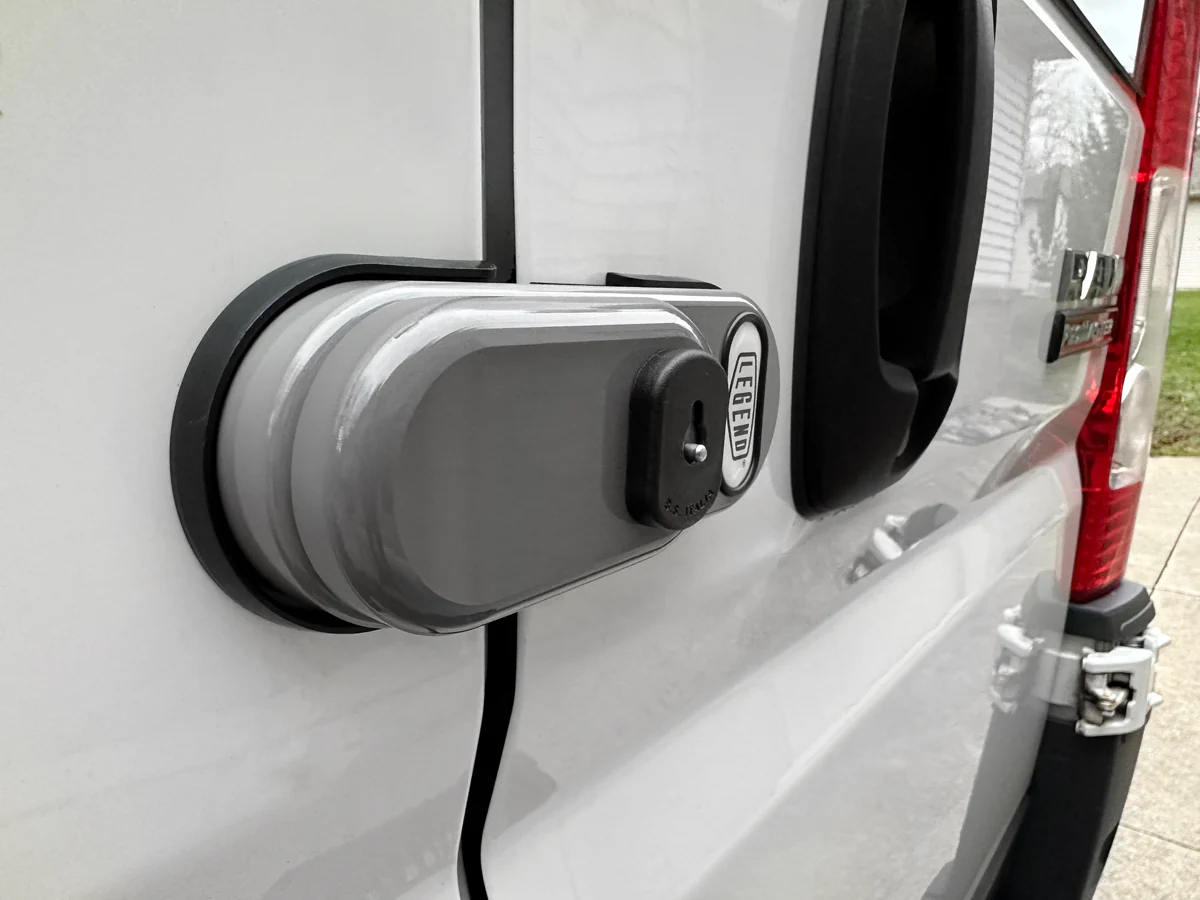
Understanding the Emotional Impact of Relationship Breakup
Experiencing a relationship breakup can be one of life’s most challenging emotional hurdles. This profound event not only signifies the end of a partnership but also highlights a loss of future aspirations that once seemed so bright. Understanding the emotional landscape after such a significant life change is essential for moving forward. This section delves into the typical feelings one might experience following a breakup, the psychological ramifications, and the stages of grieving that often accompany this process.
Recognizing Common Feelings After a Breakup
After a breakup, it’s common to encounter a wide array of emotions. Initially, you might feel shock or disbelief, especially if the breakup was unexpected. Other typical feelings include:
- Sadness: This is a natural reaction to losing someone you cared about deeply.
- Anger: You might feel anger towards your ex-partner or even yourself for the situation.
- Guilt: If you were the one who initiated the breakup, guilt can often cloud your mind.
- Loneliness: Breakups can create a void in your life, leading to feelings of isolation.
- Relief: In cases where the relationship was tumultuous, relief may accompany the end.
Recognizing and validating these feelings is the first step towards healing. It’s important to remember that everyone processes breakups differently, and there is no right or wrong way to feel.
The Psychological Effects of Relationship Breakup
The impact of a breakup extends beyond immediate emotional pain; it can also affect your mental health. Individuals often experience anxiety, depression, and a diminished sense of self-worth. Research has shown that breakups can trigger symptoms similar to those of grieving, as the bond formed during a relationship alters the brain’s chemistry. Here are some psychological effects to consider:
- Anxiety: Concerns about the future and fear of being alone can lead to heightened anxiety as you try to navigate life without your partner.
- Depression: Persistent feelings of sadness and despair are common, often stemming from a sense of loss.
- Identity Crisis: Many individuals define themselves through their relationships, leading to confusion about their identity post-breakup.
Stages of Grieving a Relationship Breakup
Just like the grieving process following the loss of a loved one, going through a breakup involves several stages that individuals may experience in varying orders:
- Denial: The initial shock can make it hard to accept that the relationship has ended.
- Anger: This may be directed at your partner, friends, or even yourself.
- Bargaining: You might replay scenarios in your mind, thinking about what could have been done differently.
- Depression: This stage often involves deep sadness as the reality of the situation sets in.
- Acceptance: Coming to terms with the breakup allows for healing and moving forward.
Understanding these stages can empower individuals to be patient with themselves during the challenging emotional transitions following a breakup.
Effective Coping Strategies for Dealing with Relationship Breakup
While it’s natural to feel overwhelmed during and after a breakup, several coping strategies can aid in the healing process. By taking intentional steps towards self-care and support, individuals can navigate this difficult period more effectively.
Self-Care Practices to Enhance Healing
Engaging in self-care is essential for emotional recovery post-breakup. Incorporating various practices into your routine can improve mental clarity and emotional stability:
- Physical Activity: Regular exercise helps release endorphins, which can combat feelings of sadness and anxiety.
- Meditation and Mindfulness: These practices help ground you in the present moment, alleviating feelings of distress associated with the past.
- Healthy Eating: Nutritional choices can significantly affect mood. A balanced diet rich in vitamins can boost mental health.
- Sleep Hygiene: Prioritizing rest is crucial, as the body and mind need time to recuperate after stress.
Identifying personal self-care practices can not only promote healing but also foster a sense of control over your life again.
Seeking Support from Friends and Family
Isolation can worsen the feelings associated with a breakup. Turn to friends and family for support, as they can provide comfort and empathy during this difficult time. Engaging with loved ones can facilitate:
- Emotional Release: Sharing your feelings can lessen their burden.
- Perspective: Receiving unbiased opinions from those who care can help you see the situation anew.
- Accountability: Friends and family can encourage you to engage in self-care practices or activities that promote healing.
Establishing a support network encourages social interactions that are vital for emotional recovery.
Professional Help: When to Consider Therapy
If feelings of sadness persist or interfere with your daily life, seeking professional help might be necessary. Therapy offers a safe environment where you can:
- Process Emotions: A therapist can guide you through your feelings, leading to better understanding and management of your emotions.
- Develop Coping Strategies: Therapy can teach you effective tools for handling distress and moving forward.
- Address Underlying Issues: Sometimes, breakups can bring to light deeper emotional challenges that need attention.
Early intervention through therapy can significantly improve emotional recovery and help you avoid prolonged suffering.
Learning from a Relationship Breakup
Breakups are not merely endings; they are opportunities for growth and self-discovery. Although it may feel like you’ve lost everything, there’s much to learn that can shape your future relationships positively.
Identifying Patterns in Past Relationships
Reflecting on previous relationships may reveal patterns that need addressing. By examining your behavior and choices, you can identify factors that play a role in your relationship dynamics:
- Recognizing Red Flags: Poor communication, lack of respect, or trust issues often reappear in different relationships.
- Coping Mechanisms: Understanding how you react to stress or conflict can guide you towards healthier responses in future partnerships.
Learning from these experiences prepares you for healthier, more fulfilling relationships in the future.
Setting Healthy Boundaries for Future Relationships
Once you recognize your past patterns, it’s vital to establish and communicate your boundaries in future relationships. Healthy boundaries protect your emotional well-being and create a respectful dynamic. Consider the following aspects:
- Emotional Boundaries: Clearly define what is acceptable regarding emotional expression, sharing, and vulnerability.
- Physical Boundaries: Consider your comfort level with physical intimacy and clearly communicate this to future partners.
- Time Boundaries: Ensure you maintain a balanced personal life outside of your relationship.
Creating boundaries fosters a healthy relationship environment where both partners feel secure and valued.
Cultivating Emotional Resilience After a Breakup
Emotional resilience is the ability to bounce back from adversity. Post-breakup, it’s essential to cultivate this trait to enhance future personal and romantic relationships.
- Practice Self-Compassion: Be kind to yourself during this difficult time, recognizing that everyone experiences heartbreak.
- Maintain a Growth Mindset: View challenges as opportunities for personal development rather than insurmountable obstacles.
- Learn Coping Techniques: Mindfulness, journaling, and cognitive-behavioral strategies can strengthen emotional resilience.
Emotional resilience fosters healthy coping mechanisms that enhance your ability to face future challenges with confidence.
Moving On: Steps to Rebuild Your Life Post-Breakup
Rebuilding your life after a breakup is a gradual process that involves focusing on personal growth and embracing new opportunities.
Focusing on Personal Growth and Hobbies
After a breakup, rekindling interests and hobbies that bring you joy can aid in rediscovering your identity outside of the relationship. Consider exploring new activities or recommitting to old passions:
- Invest in New Hobbies: Try activities that you’ve often desired to explore but didn’t have time for.
- Personal Development: Consider taking classes or workshops that enhance skills or knowledge in areas of interest.
- Physical Fitness: Engaging in physical activity boosts endorphins and can improve mood.
By engaging in personal growth activities, you not only distract yourself but also contribute positively to your overall well-being.
Establishing New Goals and Aspirations
Resetting your aspirations after a breakup can provide direction and purpose. Setting achievable goals creates a roadmap for moving forward:
- Short-Term Goals: Focus on small, actionable steps that can lead to a sense of accomplishment.
- Long-Term Goals: Consider life ambitions that align with your values and passions.
- Accountability: Share your goals with supportive friends or family members to form an accountability system.
Establishing clear goals gives you something to strive for, enhancing motivation amidst emotional recovery.
Dating Again: Tips for Re-entering the Dating Scene
While contemplating dating again can be daunting, it can also be an exciting avenue for growth and connection. Here are tips to make the re-entry smoother:
- Give Yourself Time: Take the necessary time to heal and ensure you’re emotionally ready to open up again.
- Start Slow: Rebuild confidence through casual interactions and friendships before diving into serious relationships.
- Communicate Openly: Share your experiences and expectations with potential partners to ensure alignment.
Reengaging in the dating scene can lead to fulfilling connections, provided you approach it with intention and readiness.
Understanding Different Types of Relationship Breakup
Not all breakups are the same; the dynamics involved can vary significantly. Understanding these differences is key to processing the experience.
Mutual vs. Unilateral Breakups: Key Differences
Breakups can either be mutual, where both partners agree to end the relationship, or unilateral, where one partner initiates the separation:
- Mutual Breakups: These often result in a shared understanding of the relationship’s end, sometimes leading to more amicable resolutions and maintaining friendship
- Unilateral Breakups: These can cause significant emotional turmoil, particularly for the person being broken up with, leading to feelings of rejection and anger.
Acknowledging the nature of the breakup allows individuals to navigate their healing journey with clarity about their emotional process.
Breakups in Long-Term Relationships
Ending a long-term relationship can be particularly complex due to the history, shared experiences, and future plans involved. Some considerations include:
- Change in Routine: Long-term partnerships often create a distinct lifestyle that requires adjustment.
- Shared Responsibilities: Financial matters, living arrangements, and mutual friends can complicate the breakup process.
Understanding the unique challenges of longer relationships can help individuals navigate the intricacies of ending them with more awareness and foresight.
Learning from Challenging Breakup Scenarios
Certain breakups may be more challenging due to external factors such as infidelity, abuse, or major life changes. Reflecting on these circumstances can yield crucial lessons:
- Identifying Toxic Patterns: Recognizing unhealthy patterns helps in making better choices in future relationships.
- Coping with Trust Issues: A breach of trust can complicate new relationships; learning to build trust again is essential.
Understanding these dynamics enriches personal growth and prepares individuals for healthier relationships ahead.







